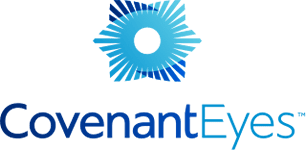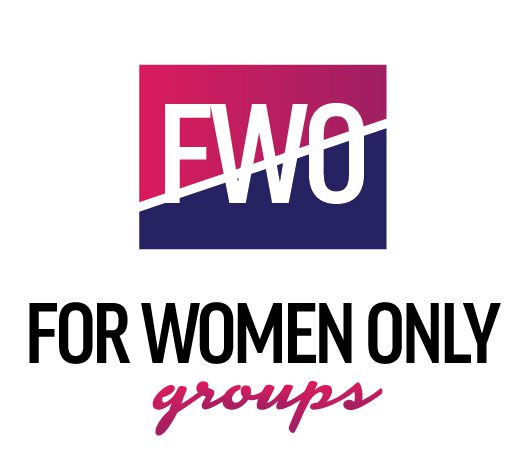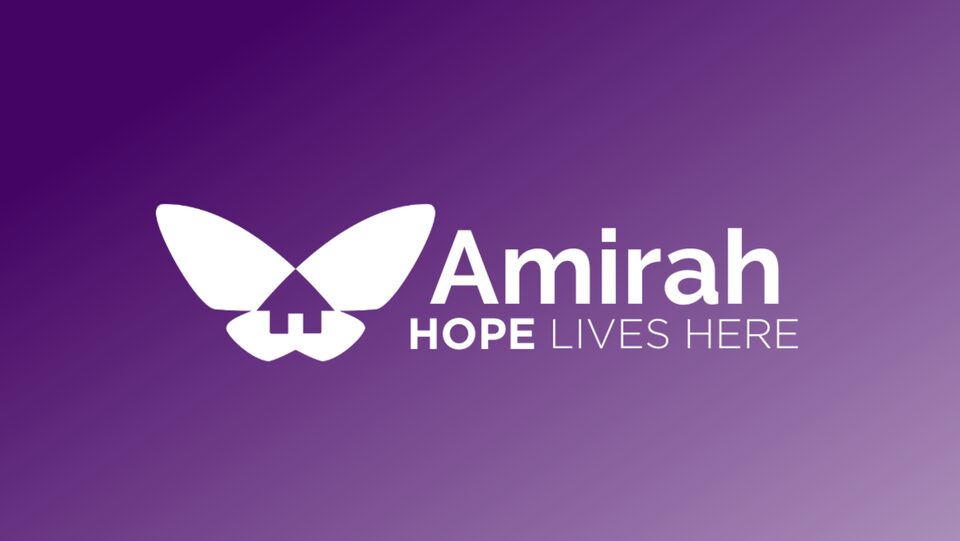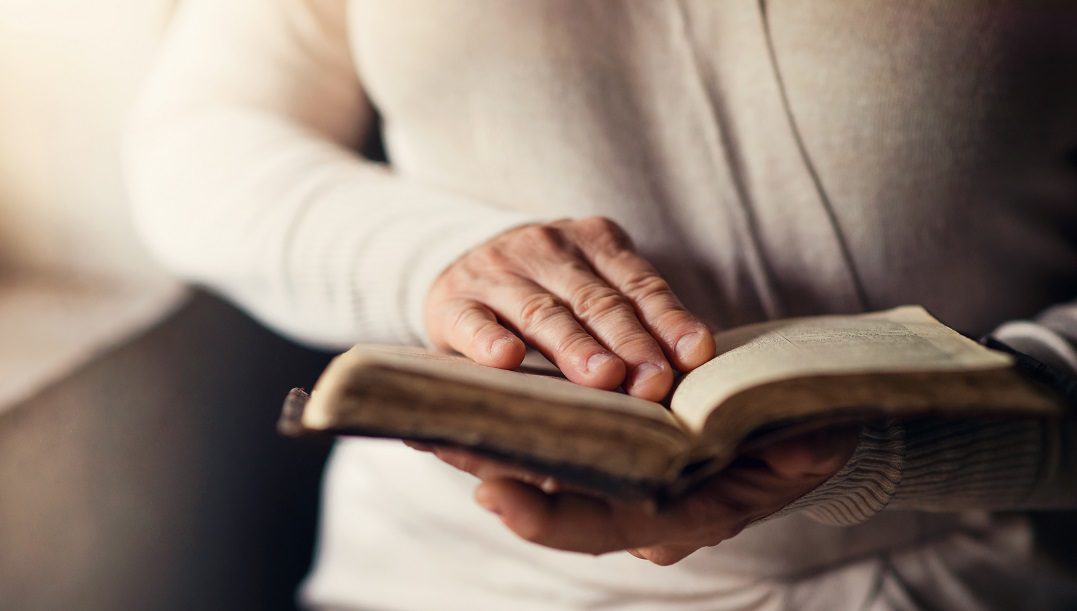
We know addiction happens in secret. We keep it quiet and don’t share it with others. Then we start group. Community begins to form and our addiction is shared with others. And in recovery, we move away from the secrets and addictive behaviors so we can work toward wholeness and a healthy lifestyle. Most of the time this is easier said than done.
Taking a peek at our life outside of our addiction can be very telling. Usually, and I know from personal experience, we have other, more subtle behaviors that are tied to our addiction and emotional instability. As we get healthier, we can pursue health in all areas but it takes time. Some of these unhealthy behaviors could be leaving our personal space cluttered, binge eating at night, or being so busy we can’t slow down. We may try to change these behaviors but oftentimes there is a bigger problem under the surface that we need to deal with first.
In the recent Disney movie, Encanto, one of the main characters describes how she’s always trying to live up to the pressure to do everything but under the surface, her emotional health is a mess. Take a look at a few lyrics from the song:
Under the surface I hide my nerves and it worsens, I worry somethin’ is gonna hurt us Under the surface The ship doesn’t swerve – has it heard how big the iceberg is? Under the surface I think about my purpose, can I somehow preserve this? Line up the dominoes, a light wind blows You try to stop it topplin’, but on and on it goes But wait, if I could shake the crushing weight Of expectations, would that free some room up for joy Or relaxation, or simple pleasure? Instead, we measure this growing pressure Keeps growing, keep going, ’cause all we know is…
Disney movie, Encanto
I can really empathize with the character in this movie. For many years I have fallen into this same trap of trying to keep it all together on the outside, while being too busy, binge eating at night, and never keeping my kitchen clean. It takes so much time and energy to move away from our addiction and adding healthy lifestyle changes is an extra step that can feel daunting.
As it says in the lyrics, we have to “shake the crushing weight of expectations” to be able to make room for JOY. We have to slow down and create the space for the vulnerability of joy to come. In her book, Daring Greatly, Brene Brown says,
Joy comes to us in moments—ordinary moments. We risk missing out on joy when we get too busy chasing down the extraordinary.
Brene Brown
Living a busy life helped me run from my addiction but I had to realize that it was an unhealthy choice tied to my addiction. Over the last several years I’ve been working to slow down, create margin, and step into a life with more joy.
In Unraveled groups, we take time each week to move forward in our healthy choices by working together on specific self-care behaviors. Everyone comes to group with a different story, a different addiction, and a different take on self-care, so the way we process through these self-care tools is unique for each person. For three weeks at a time, we focus on one aspect of self-care. These tools cover self-care practices such as getting enough sleep, eating well, exercising, managing our time, developing gratitude, and several other important self-care strategies. I am going to take a minute to share about a few.
Sleep
The first self-care tools we use are all about sleep. This was very fitting for me because for years I was too busy to prioritize sleep. We start by documenting the hours of sleep we got, when we went to bed, and the behaviors we noticed the next day. On nights we didn’t get enough sleep or got too much sleep, were we more irritable, snacky, or depressed? Jot these down and then make a plan the following week to increase or decrease your sleep, based on what you noticed. Maybe we need to adjust other habits like charging our phone in the kitchen instead of the bedroom or turning off the TV 30 minutes before bed. There are lots of ideas to improve sleep but it all starts with observing what we do and taking a step back to make adjustments.
Developing Gratitude
I wouldn’t have thought of developing gratitude as an important part of self-care but it’s amazing what it can do for our mental health! According to Brene Brown, “There is no joy without gratitude.” I find this so interesting and true. In our pursuit of a healthy vulnerable life, it’s so crucial for us to learn how to regularly practice gratitude. In our Unraveled exercises about gratitude, we take time to write down something we are grateful for each day. If you have kids, this is a great activity to do with them too!
In my family, we have a gratitude jar that we pull out at dinner time. We write out things we are grateful for and put them in the jar. It’s really fun to look back on what we wrote in the past and feel grateful for these things all over again.
Self-care behaviors or lack of self-care behaviors are usually things our close family and friends can see. They may not see the addiction we are working to be free from, but how we approach other areas of our life is very visible on the outside. This visibility can keep us going back to unhealthy behaviors and fulfilling that pressure to say yes, be busy, and cover up what’s going on inside. We may even keep busy enough to run from our emotional needs, but running from it and keeping up with appearances, will only make things worse.
Prioritizing our self-care as we are in recovery, will not only help us move forward in our pursuit of a healthy lifestyle but can also help us experience the vulnerability that comes with joy. As we continue on this journey of recovery, take a minute to step back and look at your life. Are there surface behaviors keeping you from digging deeper into a more intentional pursuit of self-care and emotional health? Recovery from addiction is a journey. Whether you are working on the secret addiction, surface coping behaviors, or both, embrace where you are at and be intentional on where you are going.

We know addiction happens in secret. We keep it quiet and don’t share it with others. Then we start group. Community begins to form and our addiction is shared with others. And in recovery, we move away from the secrets and addictive behaviors so we can work toward wholeness and a healthy lifestyle. Most of the time this is easier said than done.
Taking a peek at our life outside of our addiction can be very telling. Usually, and I know from personal experience, we have other, more subtle behaviors that are tied to our addiction and emotional instability. As we get healthier, we can pursue health in all areas but it takes time. Some of these unhealthy behaviors could be leaving our personal space cluttered, binge eating at night, or being so busy we can’t slow down. We may try to change these behaviors but oftentimes there is a bigger problem under the surface that we need to deal with first.
In the recent Disney movie, Encanto, one of the main characters describes how she’s always trying to live up to the pressure to do everything but under the surface, her emotional health is a mess. Take a look at a few lyrics from the song:
Under the surface I hide my nerves and it worsens, I worry somethin’ is gonna hurt us Under the surface The ship doesn’t swerve – has it heard how big the iceberg is? Under the surface I think about my purpose, can I somehow preserve this? Line up the dominoes, a light wind blows You try to stop it topplin’, but on and on it goes But wait, if I could shake the crushing weight Of expectations, would that free some room up for joy Or relaxation, or simple pleasure? Instead, we measure this growing pressure Keeps growing, keep going, ’cause all we know is…
Disney movie, Encanto
I can really empathize with the character in this movie. For many years I have fallen into this same trap of trying to keep it all together on the outside, while being too busy, binge eating at night, and never keeping my kitchen clean. It takes so much time and energy to move away from our addiction and adding healthy lifestyle changes is an extra step that can feel daunting.
As it says in the lyrics, we have to “shake the crushing weight of expectations” to be able to make room for JOY. We have to slow down and create the space for the vulnerability of joy to come. In her book, Daring Greatly, Brene Brown says,
Joy comes to us in moments—ordinary moments. We risk missing out on joy when we get too busy chasing down the extraordinary.
Brene Brown
Living a busy life helped me run from my addiction but I had to realize that it was an unhealthy choice tied to my addiction. Over the last several years I’ve been working to slow down, create margin, and step into a life with more joy.
In Unraveled groups, we take time each week to move forward in our healthy choices by working together on specific self-care behaviors. Everyone comes to group with a different story, a different addiction, and a different take on self-care, so the way we process through these self-care tools is unique for each person. For three weeks at a time, we focus on one aspect of self-care. These tools cover self-care practices such as getting enough sleep, eating well, exercising, managing our time, developing gratitude, and several other important self-care strategies. I am going to take a minute to share about a few.
Sleep
The first self-care tools we use are all about sleep. This was very fitting for me because for years I was too busy to prioritize sleep. We start by documenting the hours of sleep we got, when we went to bed, and the behaviors we noticed the next day. On nights we didn’t get enough sleep or got too much sleep, were we more irritable, snacky, or depressed? Jot these down and then make a plan the following week to increase or decrease your sleep, based on what you noticed. Maybe we need to adjust other habits like charging our phone in the kitchen instead of the bedroom or turning off the TV 30 minutes before bed. There are lots of ideas to improve sleep but it all starts with observing what we do and taking a step back to make adjustments.
Developing Gratitude
I wouldn’t have thought of developing gratitude as an important part of self-care but it’s amazing what it can do for our mental health! According to Brene Brown, “There is no joy without gratitude.” I find this so interesting and true. In our pursuit of a healthy vulnerable life, it’s so crucial for us to learn how to regularly practice gratitude. In our Unraveled exercises about gratitude, we take time to write down something we are grateful for each day. If you have kids, this is a great activity to do with them too!
In my family, we have a gratitude jar that we pull out at dinner time. We write out things we are grateful for and put them in the jar. It’s really fun to look back on what we wrote in the past and feel grateful for these things all over again.
Self-care behaviors or lack of self-care behaviors are usually things our close family and friends can see. They may not see the addiction we are working to be free from, but how we approach other areas of our life is very visible on the outside. This visibility can keep us going back to unhealthy behaviors and fulfilling that pressure to say yes, be busy, and cover up what’s going on inside. We may even keep busy enough to run from our emotional needs, but running from it and keeping up with appearances, will only make things worse.
Prioritizing our self-care as we are in recovery, will not only help us move forward in our pursuit of a healthy lifestyle but can also help us experience the vulnerability that comes with joy. As we continue on this journey of recovery, take a minute to step back and look at your life. Are there surface behaviors keeping you from digging deeper into a more intentional pursuit of self-care and emotional health? Recovery from addiction is a journey. Whether you are working on the secret addiction, surface coping behaviors, or both, embrace where you are at and be intentional on where you are going.
The views, opinions, and ideas expressed in this blog are those of the author alone and do not reflect an official position of Pure Desire Ministries, except where expressly stated.
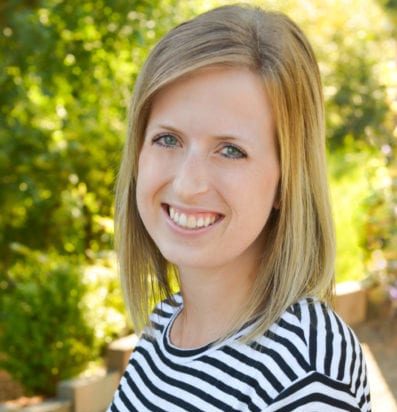
Anna Philipsen
Anna is the Event & Project Manager for Pure Desire. Her background is in event planning and social media. Anna has a Bachelor’s in Graphic Design and Health Education from George Fox University and is a certified Pastoral Sex Addiction Professional (PSAP) through the International Institute for Trauma and Addiction Professionals (IITAP). She is a leader for Pure Desire women’s groups and a contributing author to Unraveled: Managing Love, Sex, and Relationships.




